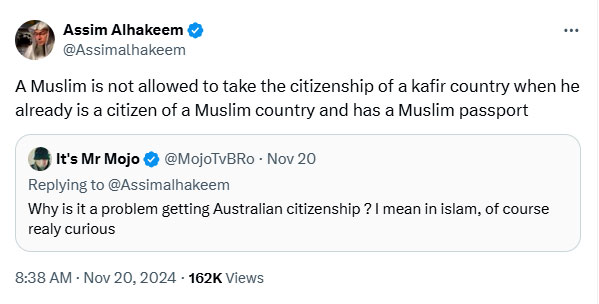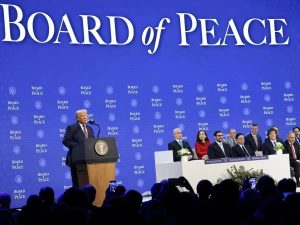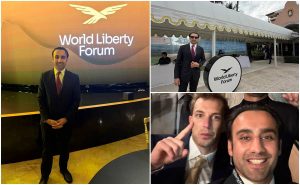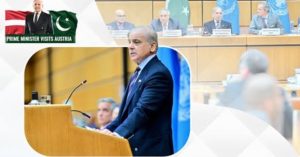A fatwa issued by prominent Saudi scholar Sheikh Aasim Al-Hakeem has sparked significant controversy, particularly among Muslims who have migrated to non-Muslim countries for better opportunities. The fatwa, which declares it impermissible for Muslims living in Islamic countries to acquire citizenship in non-Muslim nations, has led to a lively debate on social media.
In his statement, Sheikh Aasim Al-Hakeem clarified that it is not permissible for Muslims who already hold citizenship in an Islamic country to seek citizenship in a non-Muslim country. He shared this view in response to a question on the social media platform ‘X’, emphasizing that such a decision goes against Islamic principles.
This fatwa has raised concerns, especially among Muslims in countries like Pakistan, who often move to non-Muslim nations in search of better job opportunities and a brighter future. Many of these individuals, particularly from disadvantaged backgrounds, rely on the opportunities available abroad to improve their quality of life and support their families.
The ruling has generated significant backlash, with social media users questioning its relevance for those who feel forced to leave their home countries due to difficult circumstances. One user pointed out that many Muslims in Arab countries work for decades without ever being granted citizenship. Others argued that for Muslims in economically struggling Muslim-majority countries, migration is often the only viable option.

The debate has also raised broader questions about immigration rights. One user commented, “I’ve lived in an Arab country for 42 years, but I’ve never been granted citizenship.” Such comments highlight the challenges faced by Muslims who seek better opportunities abroad but find themselves caught between religious rulings and the practical realities of their lives.
While Sheikh Aasim Al-Hakeem has not offered further commentary on this issue, his previous fatwas, including declaring earnings from YouTube as haram, suggest a consistent stance on modern issues.
This ongoing debate raises important questions about the intersection of religion, migration, and the socio-economic struggles faced by Muslims around the world. While Sheikh Al-Hakeem’s fatwa reflects his interpretation of Islamic law, it has sparked wider discussions about the practical implications for millions of Muslims who are searching for a better life outside their home countries.













